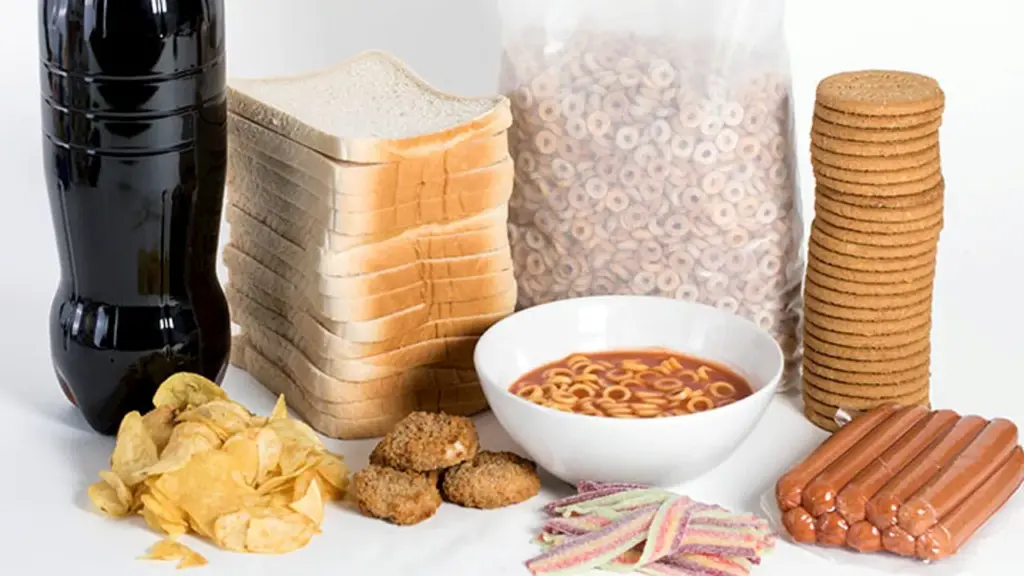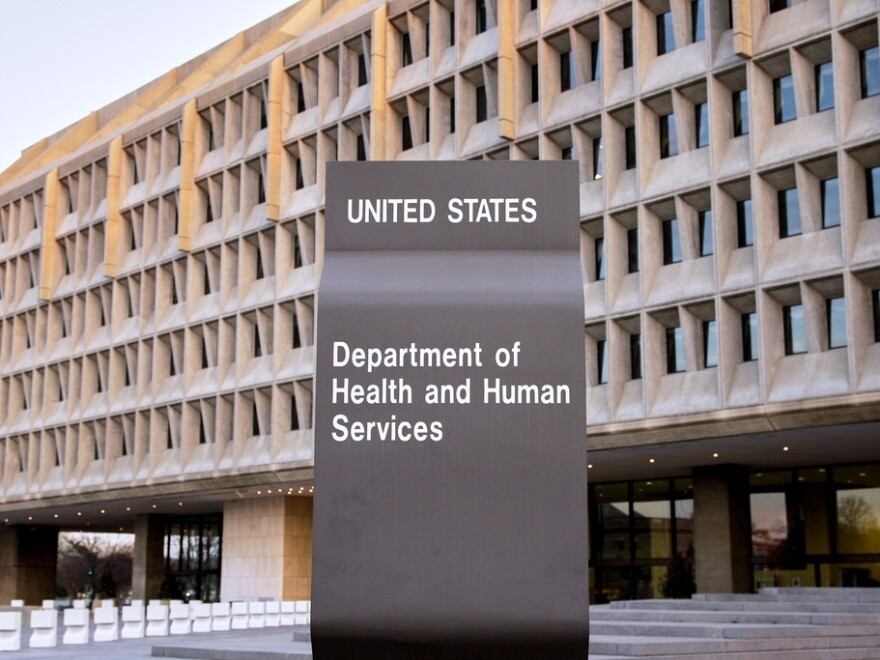
A recent study highlights a concerning association between the consumption of ultra-processed foods and an increased risk of early signs of colon cancer among young adults. Conducted by researchers at the Mass General Brigham Cancer Institute, the study analyzed data from nearly 30,000 young, healthy women. It found that those who consumed higher amounts of ultra-processed foods were more likely to develop colorectal precursor lesions known as colon adenomas.
Ultra-processed foods encompass items such as boxed soups, frozen meals, and a variety of packaged products that contain industrial ingredients not typically found in home kitchens. These foods are heavily preserved and, according to public health estimates, constitute about 70% of the average American diet.
Understanding the Rising Trend
Dr. Katherine Van Loon, a professor at the University of California, San Francisco, and director of the UCSF Global Cancer Program, emphasizes the significance of these findings. She indicates that they provide vital insights into the rising incidence of colorectal cancer among younger individuals, a trend that she has observed in her clinical practice. “Every patient in my clinic is very, very young,” Van Loon noted. “We’re seeing decreasing rates in people over 45, but rising rates in younger people. This is resulting in a rising mortality rate from an otherwise preventable disease.”
While previous research has linked early-onset colorectal cancer to factors such as obesity, Type 2 diabetes, and sedentary lifestyles, Van Loon points out that many of her young patients do not fit these risk profiles. “That’s why this study is so important,” she stated, adding that it adds complexity to understanding what may be driving this escalating health crisis.
Taking Action on Diet and Health
Although the study did not specify individual foods, Van Loon underscored that ultra-processed items generally include convenient products that have been staples in American diets since the 1970s, 1980s, and 1990s. She advocates for a shift towards healthier dietary habits, insisting that it is not too late for individuals to make beneficial changes.
Drawing parallels to tobacco research, Van Loon suggested that just as quitting smoking reduces cancer risk, reducing the intake of ultra-processed foods could yield positive health outcomes. “It’s not too late to intervene, stop bad habits, and pass on good ones to younger generations,” she said.
She recommends prioritizing fresh foods such as vegetables and unprocessed meats. Additionally, Van Loon stresses the importance of colorectal cancer screenings for anyone aged 45 or older. “If someone is experiencing bowel changes, blood in their stool, abdominal pain, cramping, or unexplained weight loss, they should see a doctor,” she cautioned. “Just because you’re not yet 45 doesn’t mean those symptoms don’t need medical attention.”
Van Loon believes that increasing awareness and encouraging earlier medical intervention could reverse the troubling trend of rising colorectal cancer diagnoses in younger populations. As the evidence mounts, the call for healthier eating habits becomes more urgent than ever.






